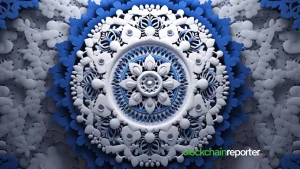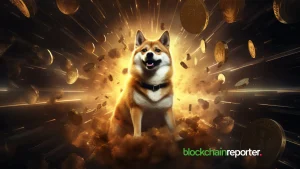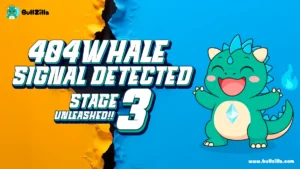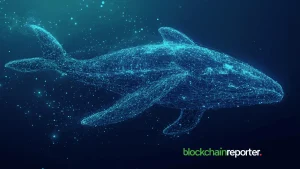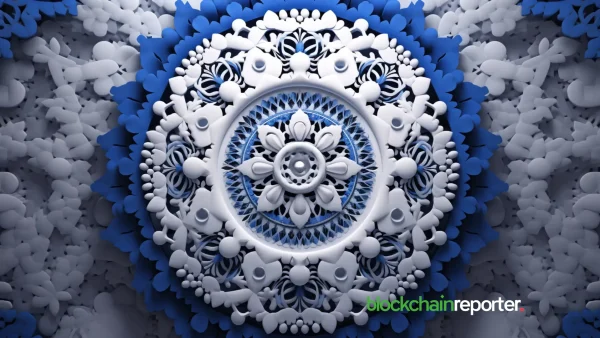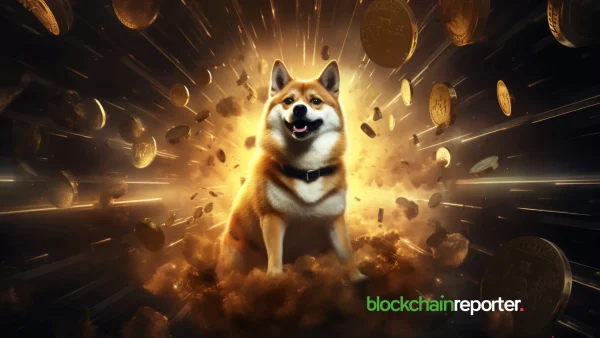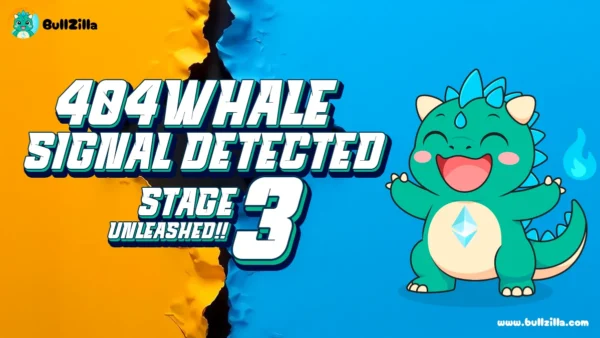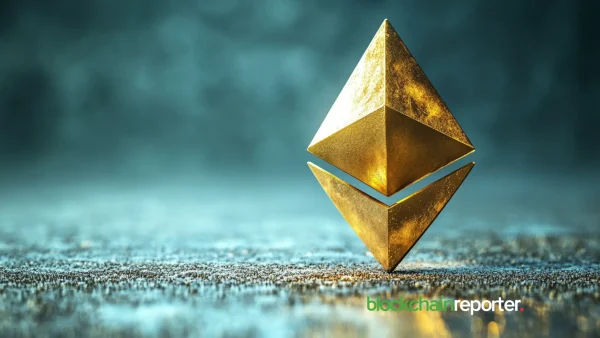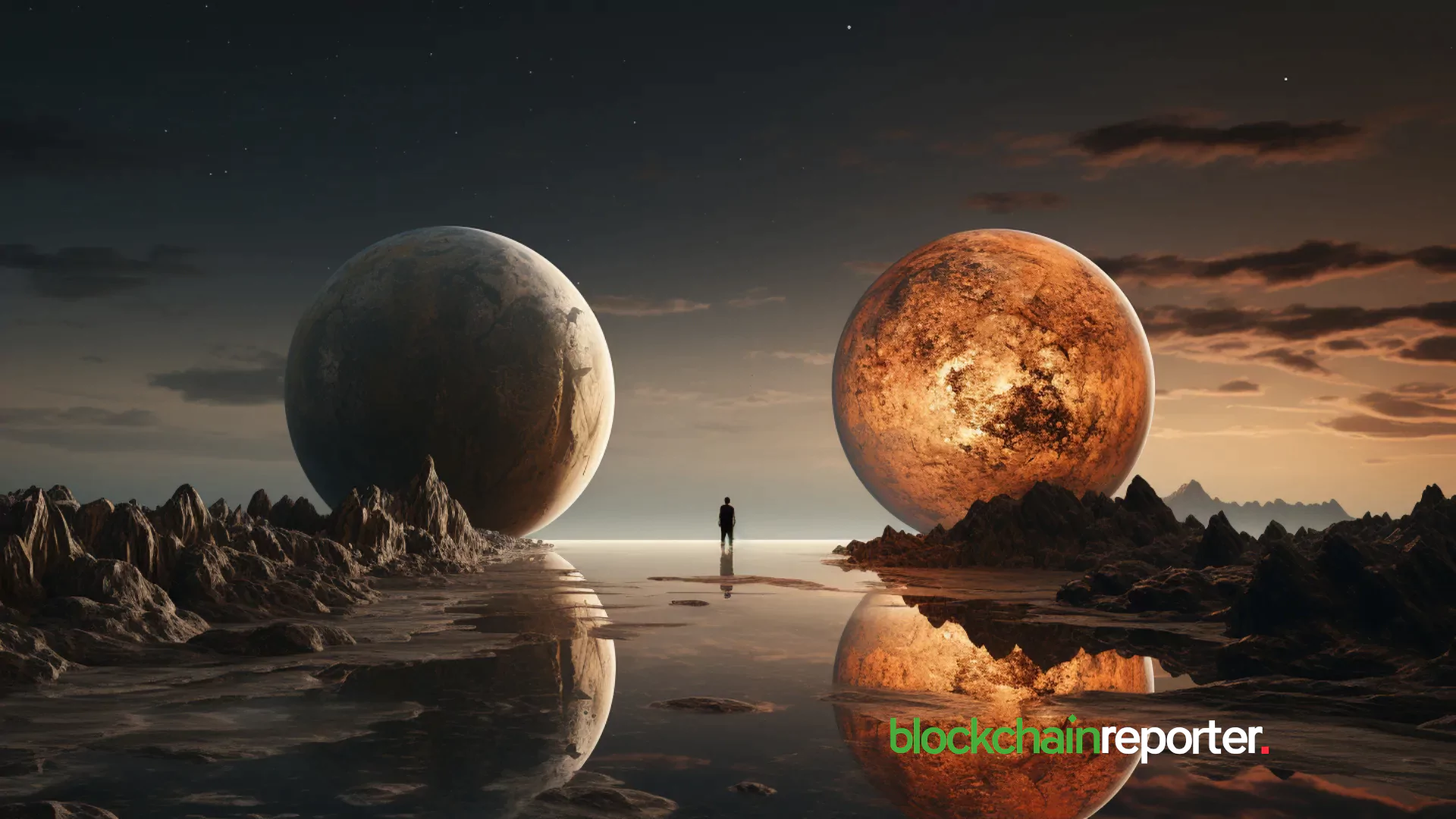
The community is witnessing a significant migration as Render Network, a titan in the decentralized computing sphere, shifts its base from ETH to SOL. This strategic move comes following high fees on the Ethereum network and Solana’s lucrative usages, set to bring significant changes for Render network.
Render Is Set To Push Limits With Solana
In a bold move set to change the game for decentralized graphics processing, Render Network has left Ethereum behind and set up shop with Solana, offering a smoother ride for their users. Render Network is like a giant computer made up of many smaller ones owned by people all over the world.
These mini-computers work together to make complex graphics a breeze, a process that’s crucial for everything from blockbuster movie effects to architectural designs. Until now, Render has been using Ethereum’s blockchain, a popular but often congested network where such transactions can get slow and pricey.
But high traffic and wallet-busting fees on Ethereum have been a growing pain for users. That’s where Solana comes in. Solana’s blockchain is known for its high throughput and low transaction costs, making it an attractive platform for applications requiring robust computing power and real-time processing. This migration is poised to enhance the user experience by providing faster and more affordable transactions.
To facilitate a seamless transition for its token holders, the Render Foundation has introduced a substantial incentive program. The foundation is offering up to 1.14 million RNDR tokens to cover the migration costs for users opting to move their assets via the newly launched Upgrade Assistant. This incentive is designed to offset the gas fees users would typically incur on the Ethereum network, effectively removing financial barriers to entry for the new platform.
The limited-time incentive program is structured to reward early movers, with the subsidies set to phase out after three months. Following this period, users will be responsible for any associated migration costs.
Render Enables Easy Asset Transfer With Wormhole Protocol
The Upgrade Assistant of Render Network employs the Wormhole protocol for a secure and seamless transfer of assets from Ethereum to Solana. Users can link their Ethereum wallet, choose the amount of RNDR to transfer, and seamlessly receive their tokens in their Solana wallet.
Jules Urbach, the founder and architect of the Render Network said, “Moving Render’s core infrastructure to Solana is a watershed moment that unlocks major new capabilities like real-time streaming and dynamic NFTs. Solana’s incredible transaction speeds, low costs, and commitment to web-scale architecture make it a perfect fit for the Render Network as we continue building a scalable and decentralized metaverse infrastructure.”
Render Network is pitching a transition plan that will see its RNDR tokens evolve into a new form—’RENDER’, a Solana-based SPL token. This proposal, consisting of the implementation of RNP-001 and RNP-002, introduces the Burn Mint Equilibrium (BME) model, a mechanism designed to balance token supply and demand dynamically.
The proposed upgrade to ‘RENDER’ tokens is expected to leverage the speed and efficiency of the Solana blockchain, enhancing the overall ecosystem. Alongside this, the Network’s shift to the BME model aims to create a more stable and predictable token economy, potentially leading to a more rewarding environment for both existing and new users in the Render Network.
Ryan Shea, advisor to the Render Foundation, said, “We’re thrilled to welcome Render to the ecosystem, making it the latest project to fully migrate their network to Solana. Solana is the home of DePIN, and Render Network is one of the most important DePIN networks in existence today. Solana will help extend Render Network into new applications, such as machine learning and inference training, and unlock new utility through Solana’s best-in-class technologies like compressed NFTs, on-chain order books, and real-time oracles.”

